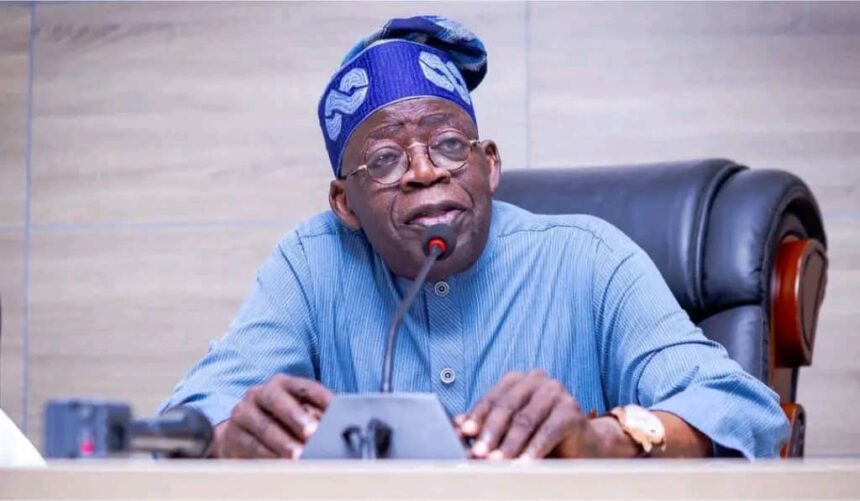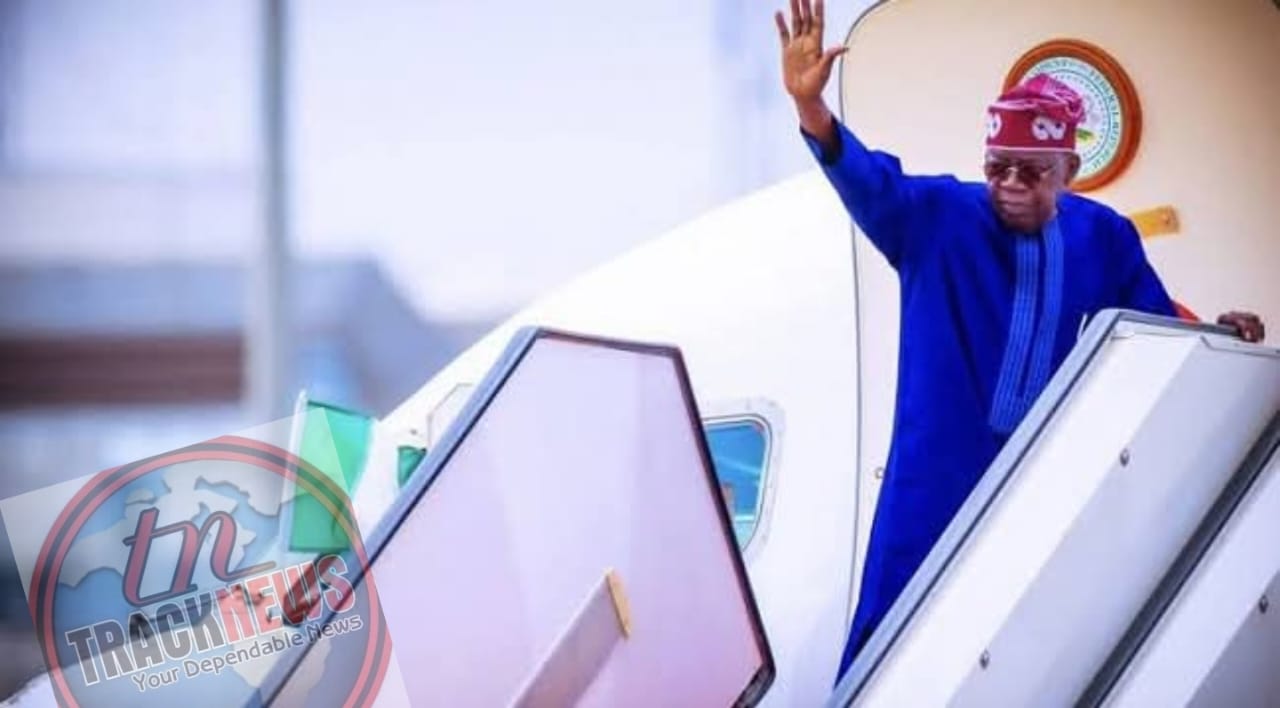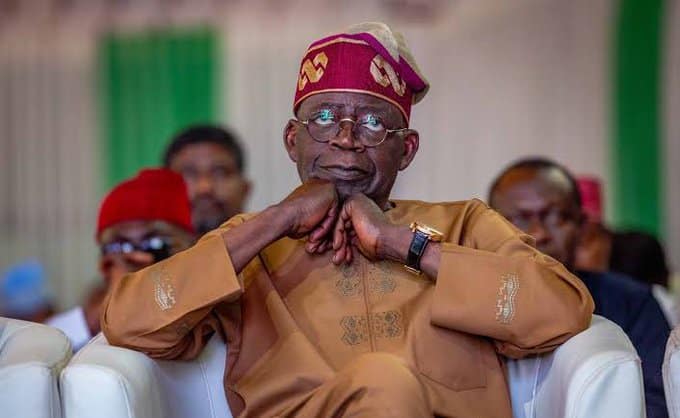The Federal Government is seeking a fresh $1.75 billion loan from the World Bank, even as official data shows a significant increase in national revenue within the first eight months of 2025. According to a statement issued on Wednesday by Bayo Onanuga, Special Adviser to the President on Information and Strategy, government revenues rose by 40.5 percent during this period compared to the same timeframe last year.
The increase was largely attributed to strong growth in non-oil revenue, which has become a more important source of funding for the government amid fluctuating oil prices and declining crude output. The statement noted that these gains helped boost overall collections and provided some relief to the fiscal balance.
Despite this improvement, the government is turning to external financing to cover budget shortfalls and sustain ongoing projects. Officials explained that the new $1.75 billion loan request to the World Bank is part of a broader strategy to stabilize the economy, support reforms, and fund key infrastructure.
The reliance on borrowing comes as Nigeria continues to face significant fiscal pressures, including rising debt servicing obligations, high inflation, and currency challenges. Analysts have raised concerns that while improved revenue performance is a positive development, growing dependence on external loans could increase the country’s vulnerability to future economic shocks.
Onanuga’s statement emphasized that the additional funds from the World Bank would be targeted at critical development priorities. These include strengthening macroeconomic stability, improving public sector efficiency, and providing financial support for social programs aimed at cushioning vulnerable groups from the impact of ongoing economic reforms.
Government officials also pointed out that the sharp rise in revenue was not enough to offset the scale of Nigeria’s financial needs. With debt obligations consuming a large share of government earnings, borrowing remains an option to bridge the gap between income and expenditure. The federal budget continues to carry a significant deficit, which authorities say must be addressed through a combination of borrowing and fiscal adjustments.
Nigeria’s debt profile has been a recurring subject of debate. According to the Debt Management Office, the country’s public debt reached unprecedented levels in recent years, with a notable increase in external borrowing. The World Bank has been a consistent partner, extending various facilities to support Nigeria’s economic recovery and reforms.
The fresh request for $1.75 billion is expected to go through the bank’s standard approval process, after which terms and disbursement schedules would be finalized. Government sources indicated that the loan would likely come with relatively low interest rates and long repayment periods, making it more affordable compared to commercial borrowing.
Observers note that Nigeria’s decision to seek new loans, even with higher revenue collections, underscores the depth of the fiscal challenges it faces. While revenues are rising, expenditure needs—particularly for infrastructure, subsidies, and social welfare—remain high. The government insists that external financing is necessary to maintain momentum in reforms and development initiatives.
The announcement has sparked mixed reactions from economists and policy analysts. Some argue that continued reliance on debt could constrain future budgets and reduce fiscal flexibility. Others maintain that concessional financing from institutions like the World Bank provides critical support that allows Nigeria to implement reforms while avoiding more costly commercial loans.
For now, the focus remains on whether the World Bank will approve the new request and how the additional funds will be managed to achieve the intended economic and social outcomes.





